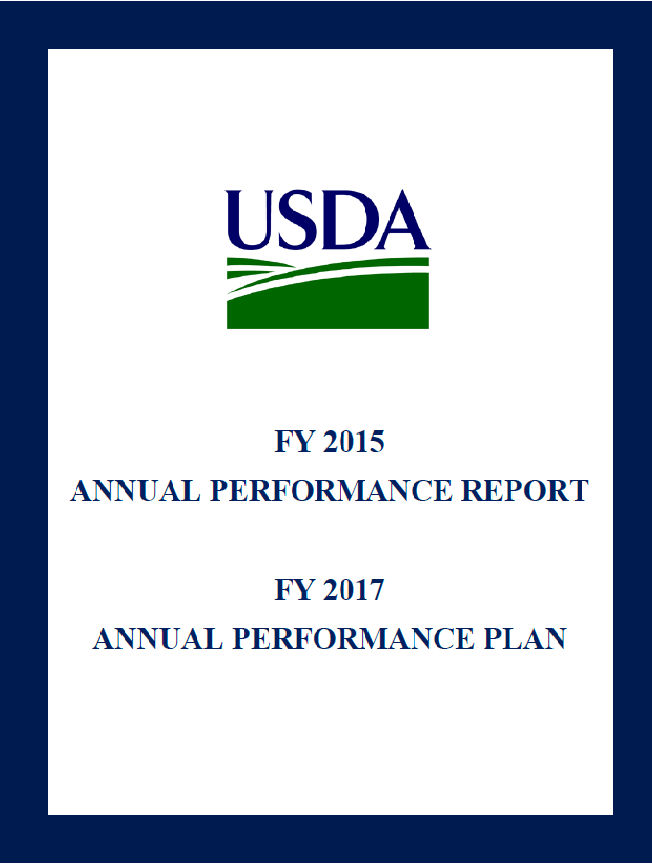- Home
- Agencies
- Department of Agriculture
- Department of Housing and Urban Development
- General Services Administration
- Department of Commerce
- Department of the Interior
- National Aeronautics and Space Administration
- Department of Defense
- Department of Justice
- National Science Foundation
- Department of Education
- Department of Labor
- Office of Personnel Management
- Department of Energy
- Department of State
- Small Business Administration
- Environmental Protection Agency
- Department of Transportation
- Social Security Administration
- Department of Health and Human Services
- Department of the Treasury
- U.S. Agency for International Development
- Department of Homeland Security
- Department of Veterans Affairs
- Goals
- Initiatives
- Programs
Primary tabs
Strategic Objective
Ensure US Agricultural Resources Contribute to Enhanced Global Food Security
Strategic Objective
Overview
Adequate food supplies must be based on enhanced trade, in-country increases in production, and the ability of the poor to earn enough to purchase food. The largest contributors to insufficient in-country production are chronic under-investment in agriculture, inefficient inputs and markets, and poor governance.
USDA supports global and national security policy through development and capacity-building of sustainable agricultural systems in the developing world. USDA’s promotes sustainable, market-led growth across the entire food production and market chain. The Department uses a cooperative approach to make strategic investments to strengthen countries’ capacity to participate in international markets, thus expanding demand for U.S. agricultural products and enhancing global food security.
USDA’s Food for Progress Program increases productivity and expands trade of agricultural products along the value chain, while the McGovern-Dole International Food for Education program improves literacy, health, hygiene, and nutrition practices of school-aged beneficiaries in targeted countries. Improving the education of women is especially important due to their critical links with economic growth, health, nutrition, and improved living standards for future generations.
USDA will assist priority countries to increase capacity to develop sustainable agricultural systems and markets. This includes providing advice on developing and adopting market and science-based policies and institutions and building trade capacity. The Department helps countries create an enabling environment for increased private-sector participation in agricultural value chains, while leveraging partnerships with U.S. government agencies, land grant universities, other institutions, and the private sector to conduct technical assistance and training.
USDA will invest in research, development, and extension to improve agricultural techniques and technologies, including biotechnology. Data and analysis from USDA will assist with addressing food security including market analysis, and food security assessments for food insecure countries. The Department will assist developing countries in establishing robust agricultural statistics programs through technical assistance and training. To support the sustainable management of soil, USDA will: disseminate soil science information and technology; build capacity to conduct soil surveys; and promote the adoption of data, technology and science-based solutions for soil management. Many of these activities are carried out collaboratively with funding partners, such as the U.S. Agency for International Development (USAID), Department of State, Department of Defense, and Millennium Challenge Corporation.
The Department promotes agricultural policy and regulatory programs to strengthen food safety and animal and plant health systems, which help countries take advantage of new trade and marketing opportunities. At the same time, promotion of these policies and programs reduce the worldwide prevalence of significant diseases.
USDA is a key partner in President Obama’s Feed the Future Initiative, a global food security and nutrition initiative led by USAID. The three key areas in which USDA will contribute at the country and global levels for sustained and enhanced impact include: a) in-country capacity building efforts with government, farmer organizations, the private sector, and universities on agricultural policies, regulatory systems including sanitary and phytosanitary systems, natural resources management, and agribusiness, market chains and trade; b) basic and applied research, including extension; and c) market information, statistics, data, and economic analysis.
Read Less...Progress Update
ACHIEVEMENTS: In collaboration with other Federal partners, USDA is working towards reducing global food insecurity and increasing agriculture-led economic growth in developing countries. USDA’s capacity-building, technical assistance and food assistance programs are effective tools for improving the capacity of countries to produce what they need and to make that food accessible to those who need it. In FY 2015 USDA provided over 5 million individuals in food insecure countries assistance through our McGovern-Dole, Food for Progress and Cochran and Borlaug Fellowship Programs.








